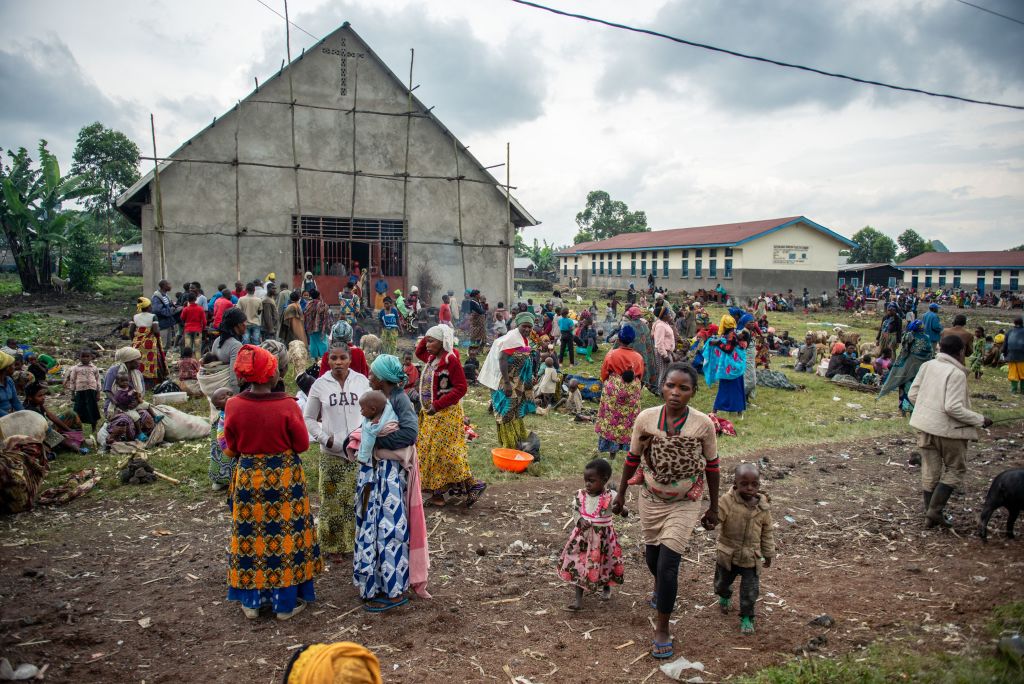ADF STAFF
A few minutes after recess ended, gunmen emerged from the surrounding forest and began firing their weapons near the school in North Kivu, Democratic Republic of the Congo.
“I heard explosions and other loud noises,” a 12-year-old student identified as Bahati told the nongovernmental organization Save the Children. “We fled, without even thinking. Everyone fled into another direction.”
In the chaos that followed, people from the community escaped to Goma.
“People walked for two days,” Bahati said. “People were separated from their families. Children without parents and parents without their children.”
The attack on Bahati’s school was part of a broader pattern by M23 and other rebel groups operating in the eastern provinces of the DRC. In recent months, attacks have shut down more than 540 schools in North Kivu and hundreds more in neighboring South Kivu and Ituri provinces.
Growing violence has closed nearly 200 North Kivu schools since the start of 2024. Of those, 10 were directly attacked by rebels and 24 have been occupied by armed groups. Nearly 30 are serving as shelters for displaced families, according to Save the Children.
In some cases, militias have also kidnapped teachers and students.
Since fighting in North Kivu began to intensify in 2023, more than 1 million people have fled their homes, including 500,000 children. At least 250,000 people, including about 130,000 children, have fled their homes since February. Collectively, about one-third of North Kivu’s population has been displaced since 2022.
The 240,000 children who have fled with or without their parents to displacement camps around North Kivu’s capital, Goma, do not attend school, according to UNICEF.
Analysts say education is often the first thing to suffer and the last thing to recover when a community descends into violence. Attacks on schools leave deep emotional and psychological scars on children and can damage their development.
“A single attack cannot only cause devastating injuries to children, physically and emotionally, but also deprive hundreds of students of the chance to receive a good-quality education,” Greg Ramm, Save the Children’s DRC country director, said in a statement. “Sometimes, a community’s only place of learning is destroyed.”
The situation in North Kivu echoes across the rest of eastern DRC where 2,100 schools are closed and more than 750,000 students are out of school, according to UNICEF.
In North Kivu, the loss of education for more than 270,000 creates the risk of an entire generation losing the essential skills they will need for the future. The loss of schooling also puts children at risk of being recruited by armed groups as fighters.
Decades worth of violence in eastern DRC have left people like Thomas Tumusifu Buregeya, who is in his early 20s, struggling to complete their education after 15 years. Buregeya was close to taking his final exams in 2023 when he was forced to flee his home. It was the third time violence disrupted his education.
Buregeya told Reuters he hopes to go to a university and become a teacher one day. But for now, his life is on hold. Again.
“When from this camp I see finalists like me, it makes my heart ache,” he said. “I wonder when I will finish my studies. The years are going by.”

